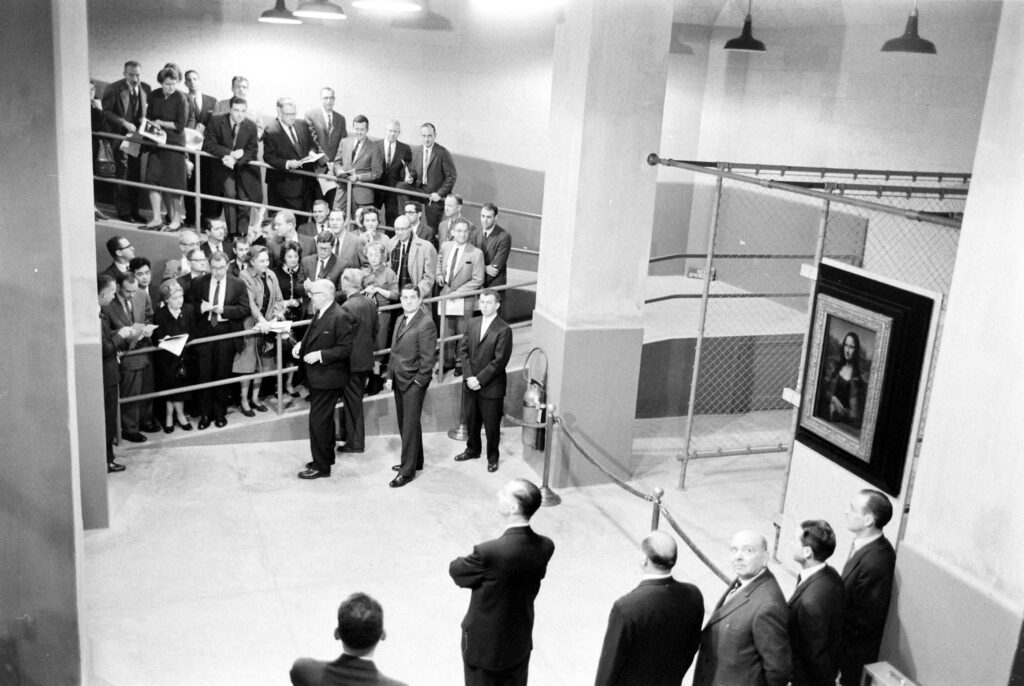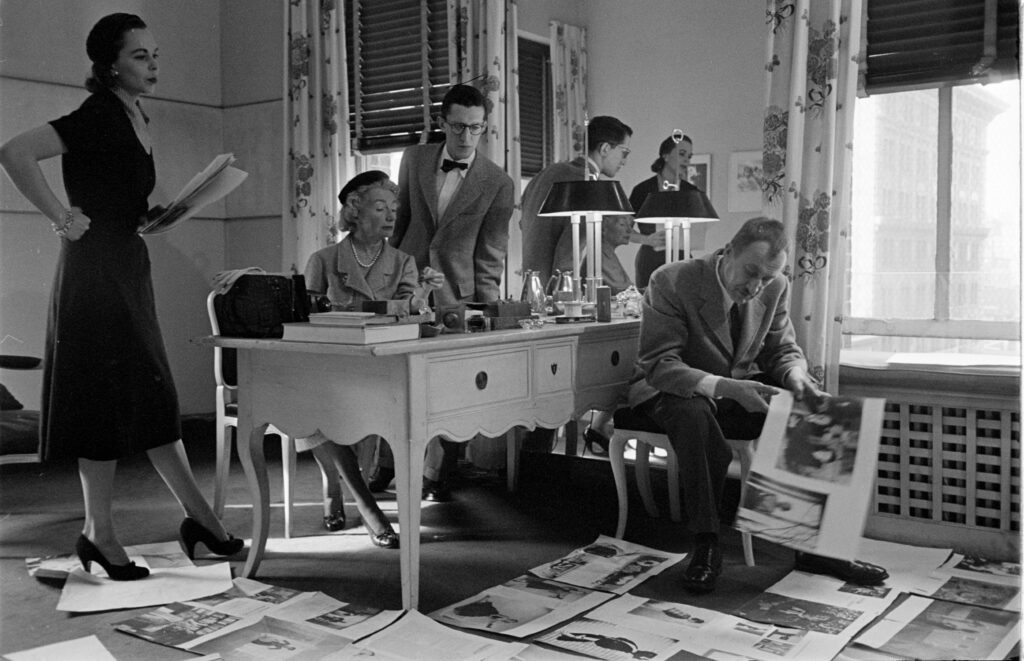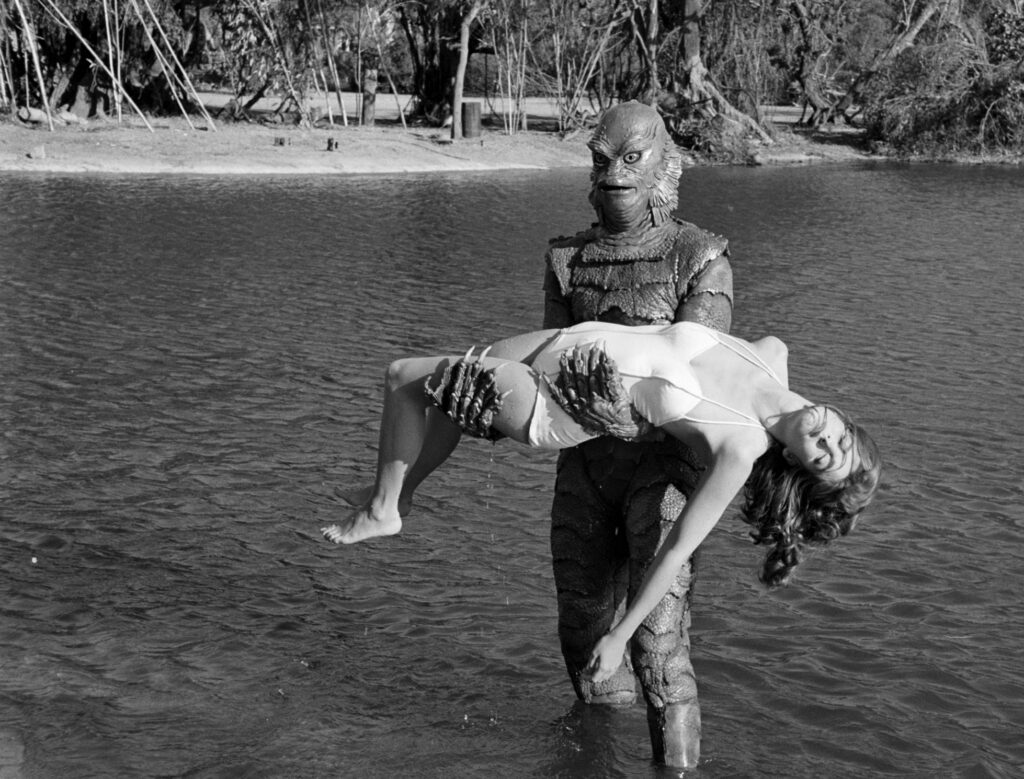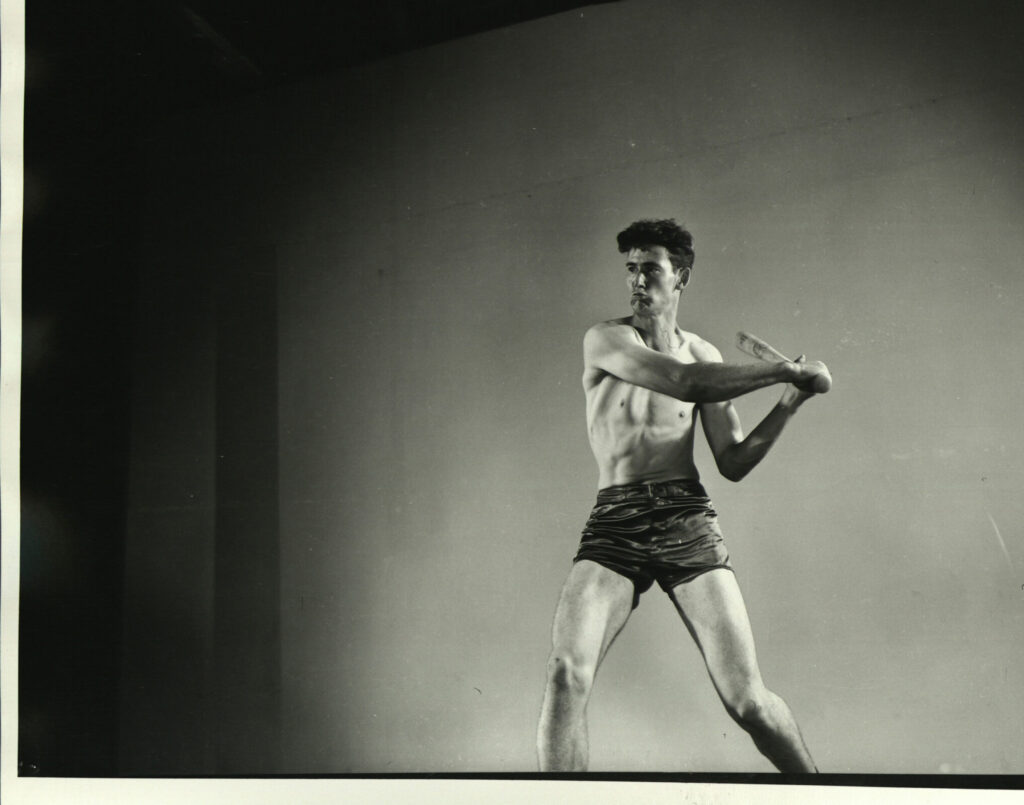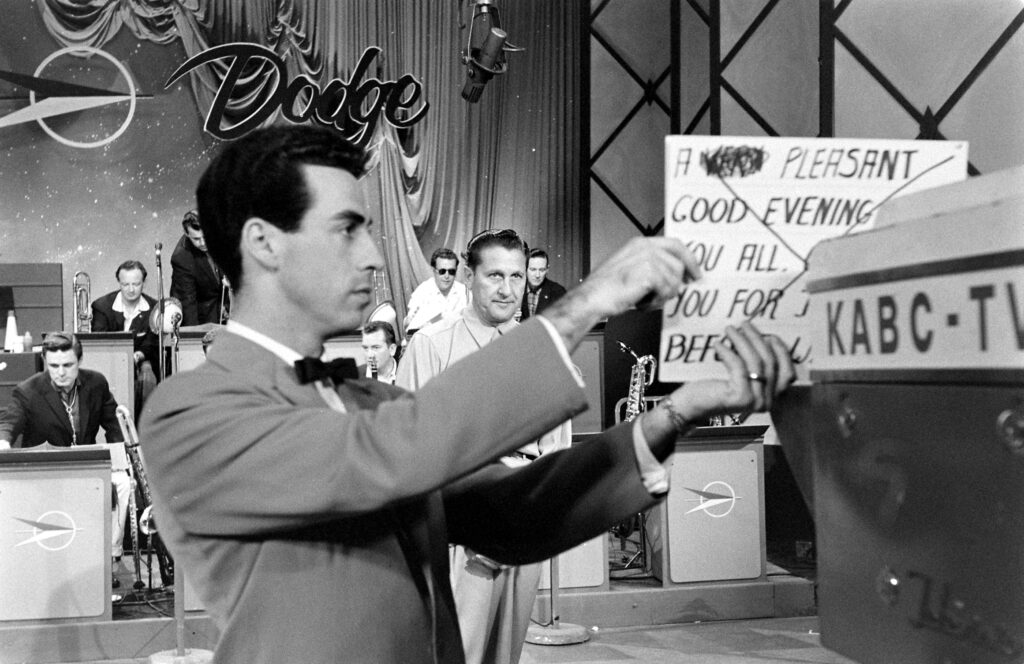Written By: Jed Gottlieb
The following is from LIFE‘s new special issue on Bob Marley, available at newsstands and online:
Resting on a stool, acoustic guitar in hand, Bob Marley introduced what he called “this little song” to the audience at Pittsburgh’s Stanley Theatre. It was September 23, 1980, and Marley was 1,500 miles from Jamaica when he sang “Redemption Song” in public for the last time.
Two days earlier, he had collapsed while jogging in Central Park, in New York City, and was told the cancer eating at his body and brain would kill him before the year was out. Five months earlier, he had been tear-gassed by police as he performed at an independence celebration for the hours-old nation of Zimbabwe. Four years earlier, at a rehearsal for the Smile Jamaica festival, he was shot by gunmen who were never caught.
But as of September 23, 1980, nothing had killed this prophet. For a decade, Bob Marley had climbed higher and higher. He had infused an obscure island genre—a genre repeatedly dismissed as silly novelty music—with irrepressible melodic grace, universal appeal, and indomitable political power. He had taken the humble religious movement of Rastafari and turned it into a global campaign for justice. Along the way, he had written a score of powerful, tender love songs. Marley is reggae’s biggest star, with hundreds of millions of albums sold. Yet that simple declaration is not nearly enough to convey the size of Marley’s triumph. His songs sail through borders other rock stars can’t cross. It’s hard to imagine a group of Japanese fans traveling to Addis Ababa, Ethiopia, for a concert celebrating Elvis or the Eagles. But in 2006, at an event marking what would have been Marley’s 60th birthday, a group did just that. “I feel the songs as much as anyone else,” 25-year-old Chihiro Nakamori told the New York Times. This was a quarter century after Marley’s death. His battle against Babylon—Rastafari’s term for oppressive colonial and imperialist forces—made Marley a symbol of resistance that transcends time, language, geography, and culture. He has been heralded as the second coming of Bob Dylan. His face sits side by side with Che Guevera’s on tapestries at street markets and in murals around the world. Tunisians kicked off the Arab Spring uprisings of 2010 singing “Get Up, Stand Up.”
Marley’s mighty reach remains unparalleled. It’s a reach that spans the philosophy of “Three Little Birds,” with its coo of “Don’t worry about a thing / ’Cause every little thing is gonna be alright” and his songs of freedom: “Exodus,” “War,” “Rat Race,” “Get Up, Stand Up,” “Redemption Song.”
As Marley sat on that stool in Pittsburgh, he urged the audience to do what he had been urging them to do his entire career. He asked the people to help him sing all he ever had, these songs of freedom.
In less than a year, Marley would be dead, but not gone, never gone. Bob Marley has achieved immortality, lifted anew by each generation singing his songs, from Pittsburgh to Addis Ababa, Japan to Jamaica.
Here are a selection of photos from LIFE‘s new special issue on Bob Marley:

Cover photo by Michael Ochs Archives/Getty

Bob Marley and The Wailers, 1964. (Left to right: Bunny Wailer, Bob Marley, Peter Tosh.)
Photo by Michael Ochs Archives/Getty Images

Bob Marley and the Wailers in 1973, on the British television show The Old Grey Whistle Test.
Photo by Alan Messer/Shutterstock

Bob Marley performed at the Odeon in Birmingham, England, 1975.
Ian Dickson/Redferns/Getty

Bob Marley and The Wailers walked down an alley to the stage door behind the Odeon in Birmingham, England, July 18, 1975.
Ian Dickson/Redferns/Getty

Bob Marley with The Wailers in Holland in 1980.
Pictorial Press Ltd/Alamy

Bob Marley and his band performed during the ‘Viva Zimbabwe’ independence celebration at Ruffaro Stadium in Zimbabwe, April 18, 1980.
Photo by William F. Campbell/Getty Images

Bob Marley, circa 1979.
PictureLux/The Hollywood Archive/Alamy









